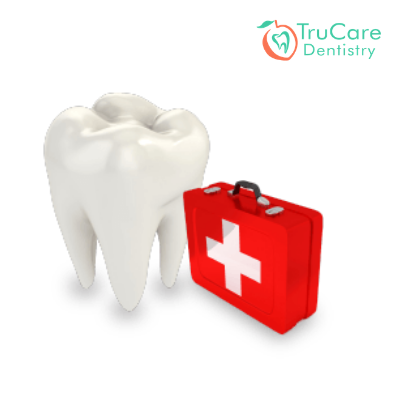
It would be best if you visit your dental clinic if you have broken teeth, damaged fillings, pain, any forms of infection, or have missed a cleaning session. Dentists are worried about the patients who have missed out on multiple scheduled appointments. Persons in the age group 60 plus and those who have pre-existing conditions need a routine checkup. If left untreated, conditions like gum disease and tooth decay can result in heart diseases and diabetes.
During the last four months, patients with severe dental issues kept on avoiding a visit to the dental office because of the COVID-19 pandemic fear. Most of the individuals decided to postpone the trip until they feel a little bit safer. However, the scene may change only after the arrival of a vaccine or medication to treat the coronavirus infection. Thus, several patients are now fixing an appointment to complete their pending checkups and various treatments. Dental clinics follow the CDC, OSHA guidelines, and other regulations recently introduced by state authorities to ensure the clinic provides a safe environment for patients and staff.
Telephonic assessment
Visiting a hospital emergency room with a dental problem can be the worst-case scenario. Patients with dental problems clogging up emergency rooms can cause problems for hospitals that treat COVID-19 patients. So, why should you wait until it is too late?
Before you visit the dental office, call early for an appointment; ask about the steps the clinic is taking to ensure a safe environment.
Dentists conduct a telephonic assessment to assess the kind of treatment that he or she needs. The patient can expect a call from the clinic at least a day before the appointment. The dentist screens the patient on the phone and confirms that he has had no cough, fever (more than 38 degrees) during the last 24 hours, and does not experience difficulty in breathing. As a part of the risk assessment procedure, the professional may ask the patient if he or she was close to a coronavirus infected patient during the last 14 days. The dentist may also ask the patient to send pictures of their mouth, affected tooth. Persons who require emergency dental care are allotted appointments on priority.
Waiting areas remain empty
Dentists ask patients to wait in their car and enter the clinic’s building only after being asked by the receptionist to do so. The dental office may allow the patient’s spouse or guardian to accompany him or her during the visit.
Most offices have covered the clinic’s furniture with plastic that can be cleaned and sterilized throughout the day. All the things that can serve as a mode of transferring infection have been removed. Appointments are planned in such a way that only two patients can visit the clinic at any given point. The management avoids overlapping appointments.
Patients entering the dental office need to undergo a mandatory temperature check. You would find an ample number of hand sanitizer and disinfectant bottles in the waiting area and the reception counter.
The staff opens the clinic’s door for the visitor in most places. There’s no coffee machine; you won’t find magazines or newspapers in the waiting areas.
Washbasin taps and soap machines at most of the clinics are automatic ones. The patient needs to rinse the mouth with hydrogen peroxide or iodine mouthwash.
Dentist’s cabin
The human mouth is one of the dirtiest organs in the body. There are a lot of bacteria, viruses, and fungi residing in the space. So, the dental profession is perhaps one of the riskiest jobs, as chances of getting coronavirus infection from patients remain high.
Aerosol (liquid droplets) released from the mouth while sneezing, coughing, or even speaking are the primary infection spreading culprits. Dentists have installed air filters and dental suction systems that can sterilize aerosol. Just about every power tool used at a clinic, anything that buzzes, spins, or shoots air or water can spread droplets of the patient’s saliva in the air. Thus, dentists and staff members at the clinic use an N95 mask, full gown, and face shield. All the rooms at the dental office are sterilized between appointments. Most of the cleaning procedures are performed by hand. Appointments take longer, and fewer patients are treated daily. The dental chair head covers are replaced after every appointment. The chair is cleaned with disinfectant sprays and mediwipes. Even the plastic on the computer keyboard, light, and other devices touched by the staff or dentist while handling the patient is cleaned after every appointment.
Proper oral hygiene has become more critical than ever and may remain so during the coming months. Following proper dental habits, including timely brushing and flossing, is crucial for avoiding dental emergencies. If you are searching for emergency dentistry in Roswell (GA), you should fix an appointment at TruCare Dentistry.
